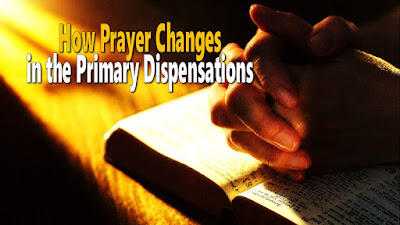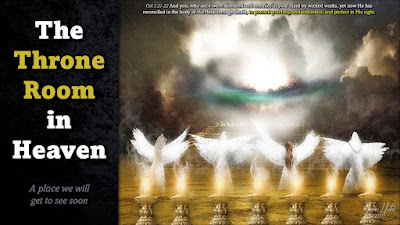
The Gospels and their Raptures (God - Part 11)
Conditions
As with the gospel of the Kingdom, the gospel of God had works-based conditions that went apart with faith. We can get a good context of the conditions of this gospel by the preaching of Peter in Acts chapters 2 and 3. As already mentioned, the gospel of God is the gospel of the Kingdom with two added element, the resurrection of Jesus, their Messiah and the requirement of Holy Spirit baptism. So, we see in Peter's first message after Pentecost how he lays out the conditions,
Acts 2:36 Therefore let all the house of Israel know assuredly, that God hath made the same Jesus, whom ye have crucified, both Lord and Christ. ... 38 Then Peter said unto them, Repent, and be baptized every one of you in the name of Jesus Christ for the remission of sins, and ye shall receive the gift of the Holy Ghost. 39 For the promise is unto you, and to your children, and to all that are afar off, even as many as the Lord our God shall call.
Repentance was needed. They had to turn their mindset around 180 degrees and repent for their unbelief and in killing their Messiah. They had to confess His name and get baptized in water for the remission of their sins. This was necessary as acts of preparation for receiving the Kingdom. In addition, we find the baptism of the Holy Spirit which in the context of priesthood (Israel's covenant role in the Millennium), is the anointing oil for their office (Exodus 29:4; Leviticus 8:6), and the empowerment of signs to prove to the rest of Israel that their message was indeed ordained by God.
We clearly see evidence, just like in the Kingdom gospel, of additional acts, or works, to prove their faith in the message. The early church members sold all they had and brought the money to the apostles. They continued in breaking of bread and prayer, they continued in temple worship and sacrifices, and they obeyed the law.
Part 12 will continue with the 'participants' of the gospel of God.





























